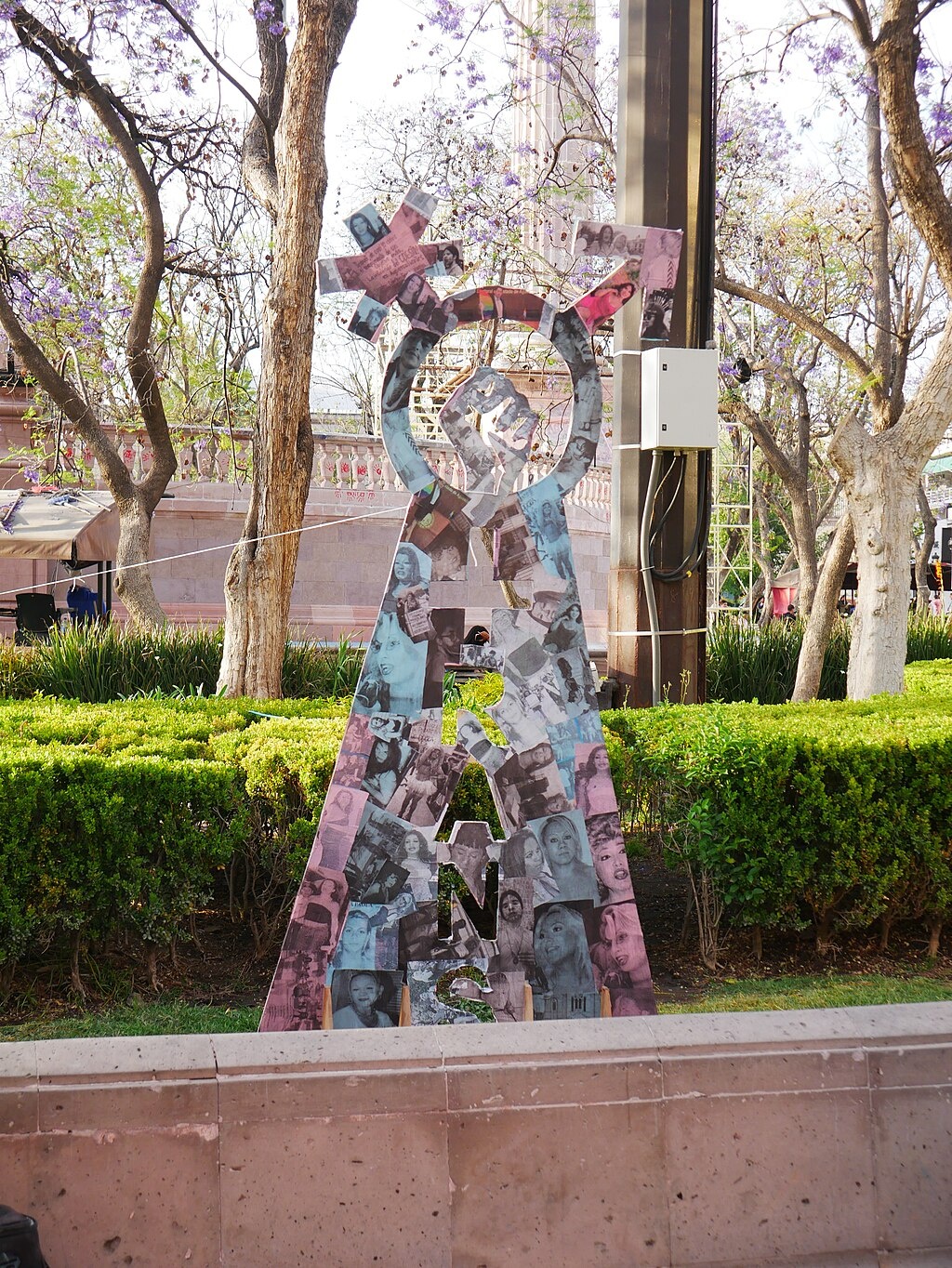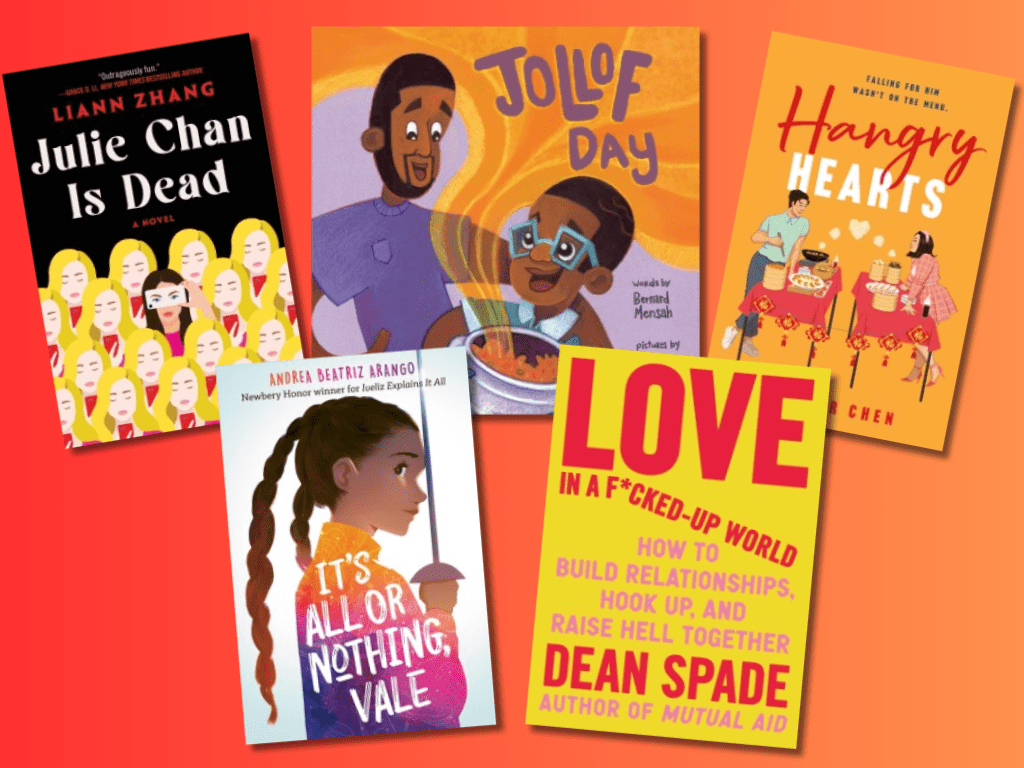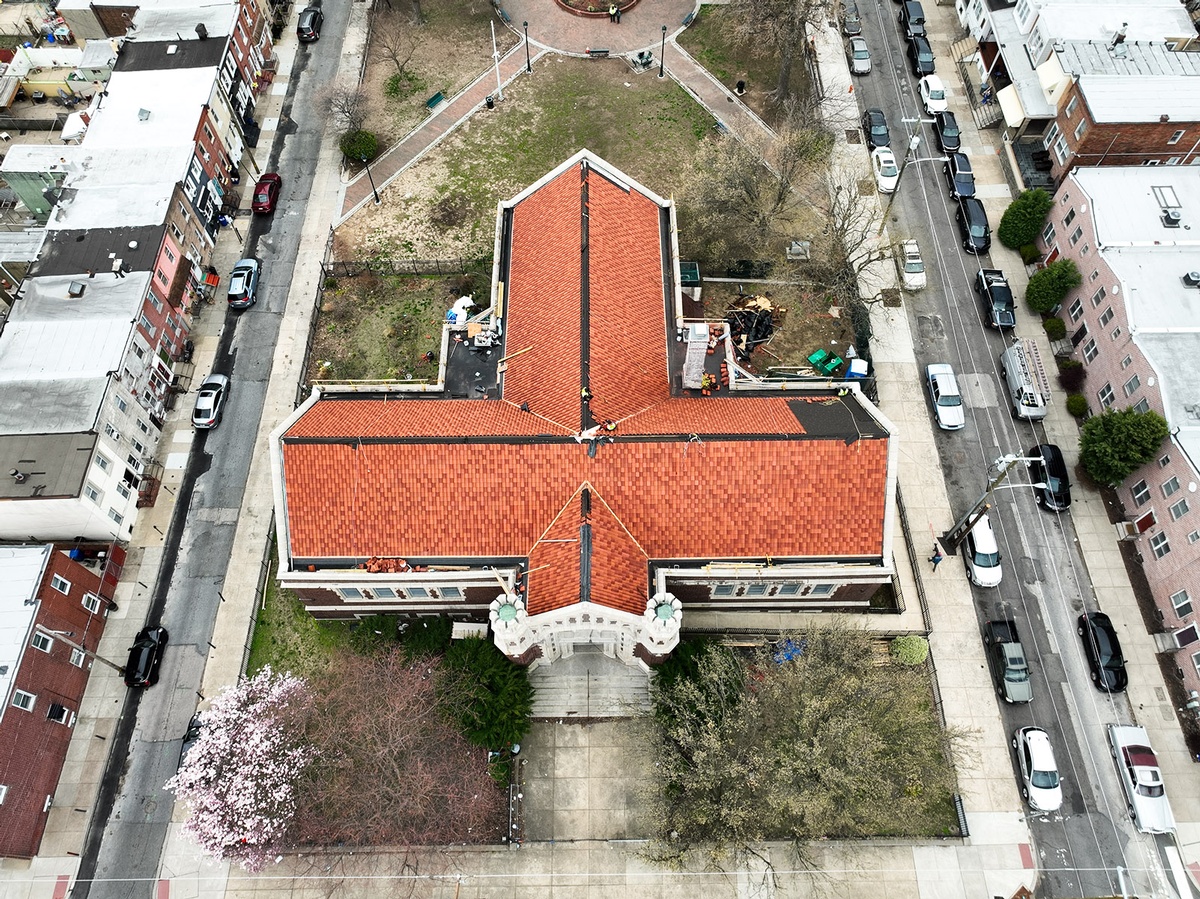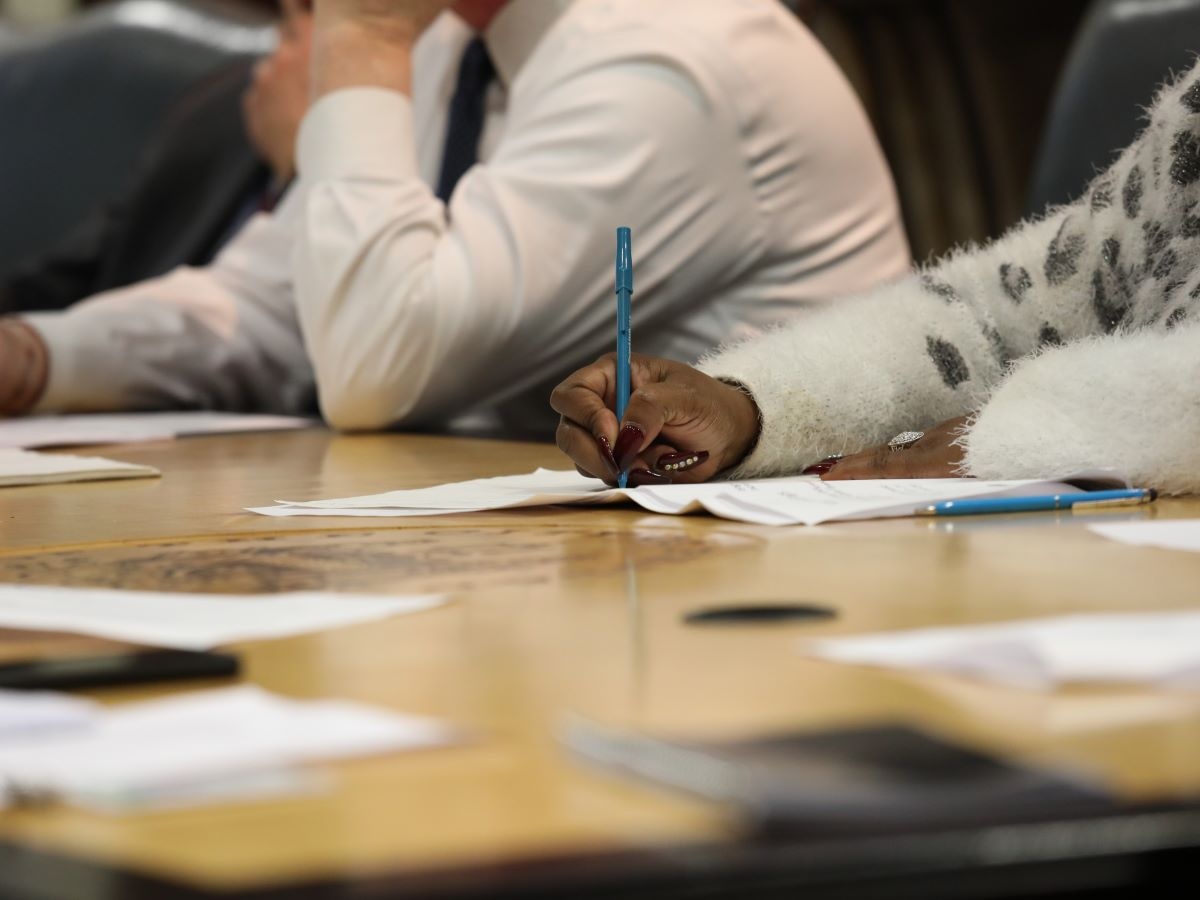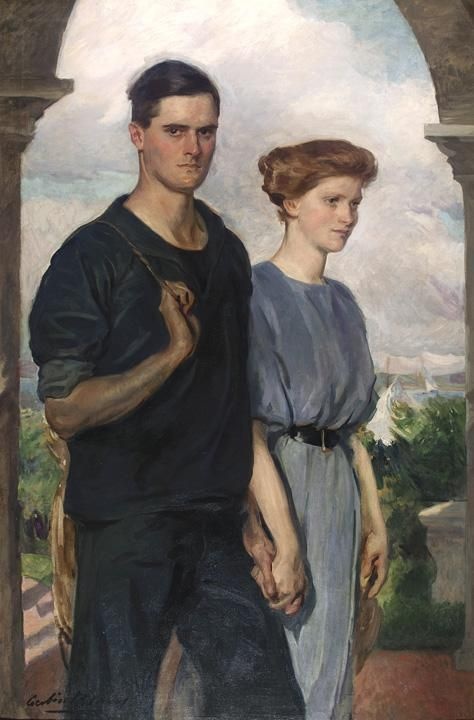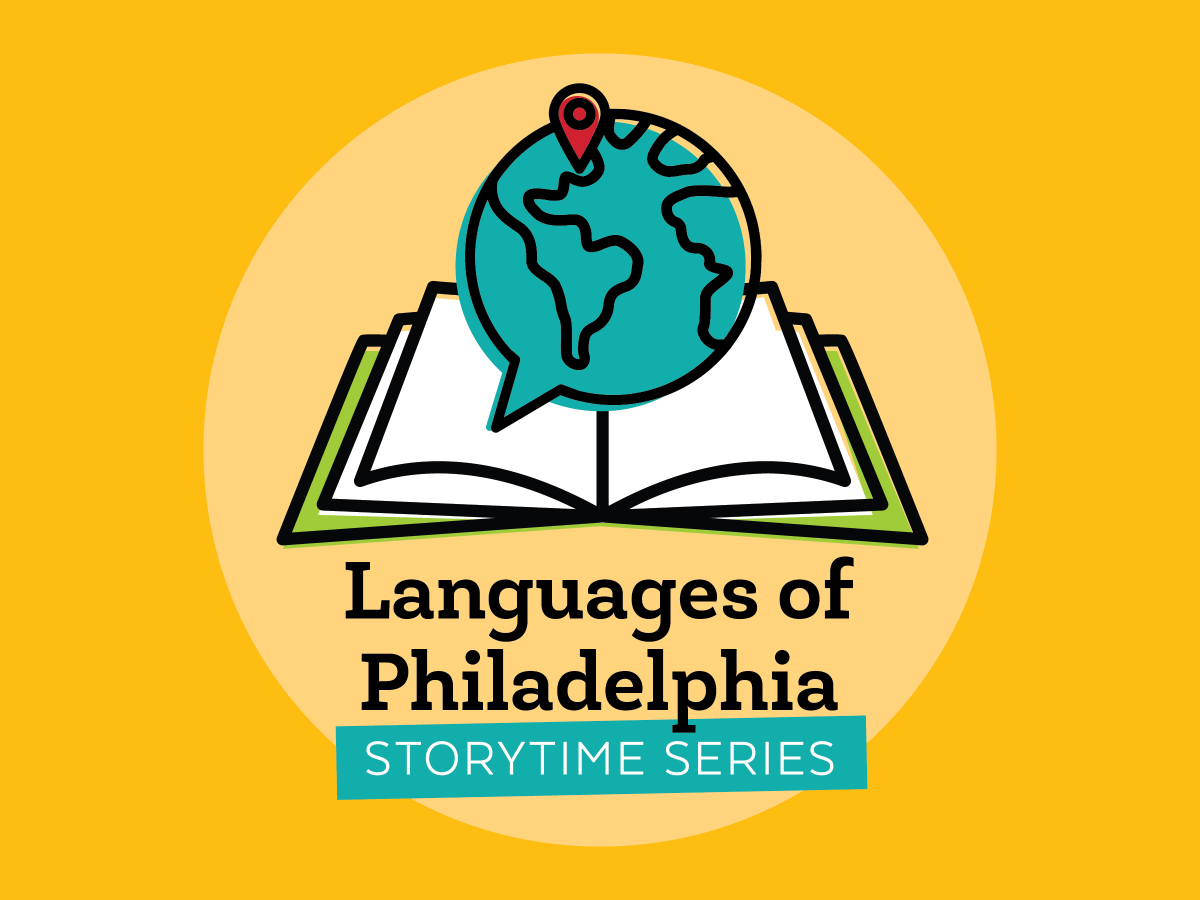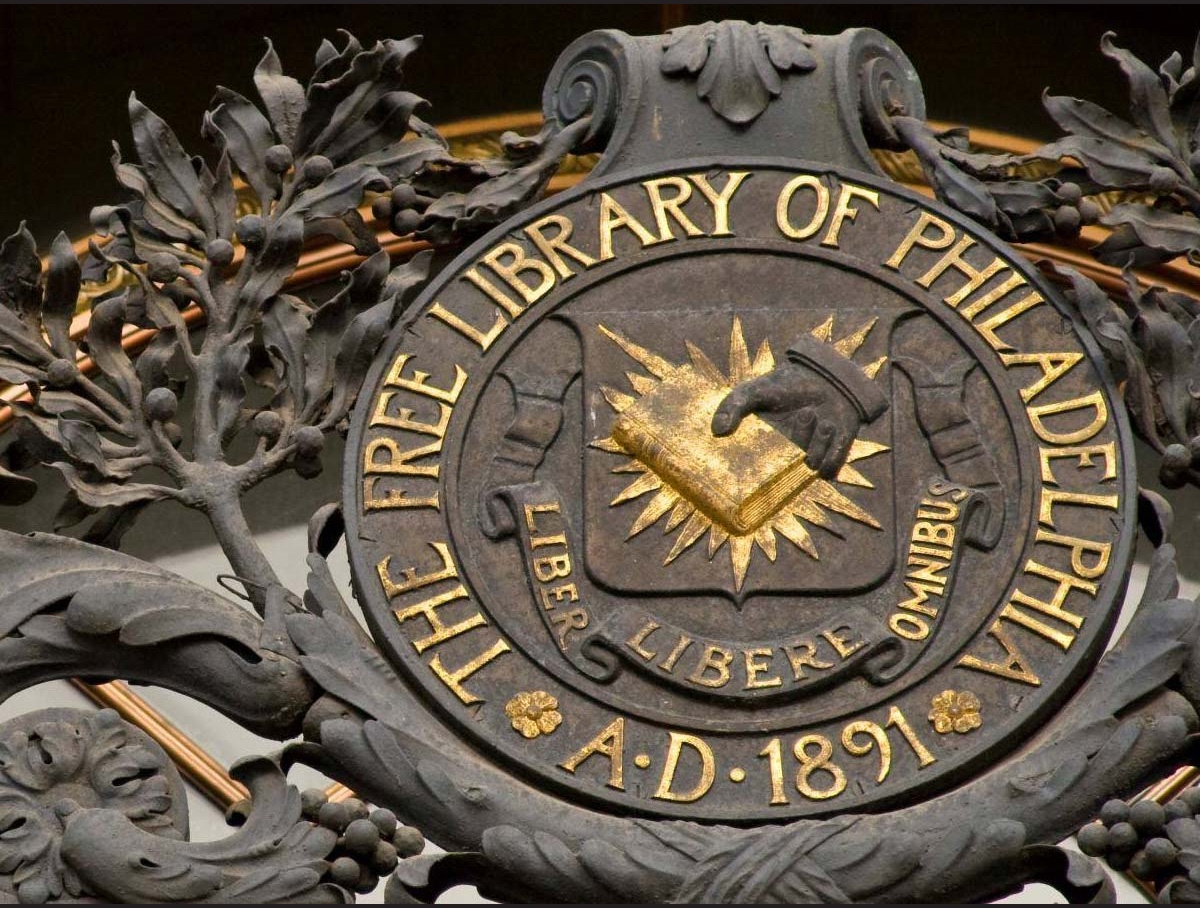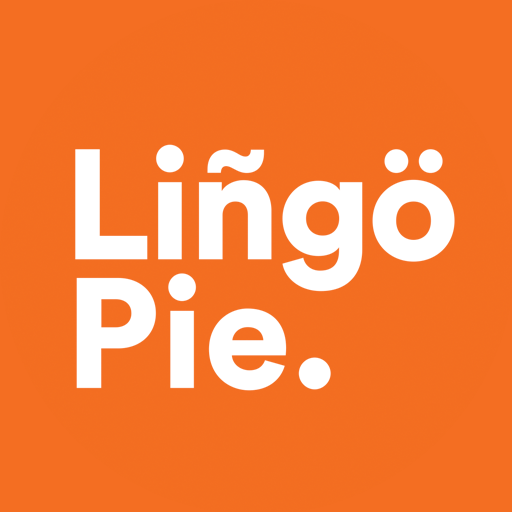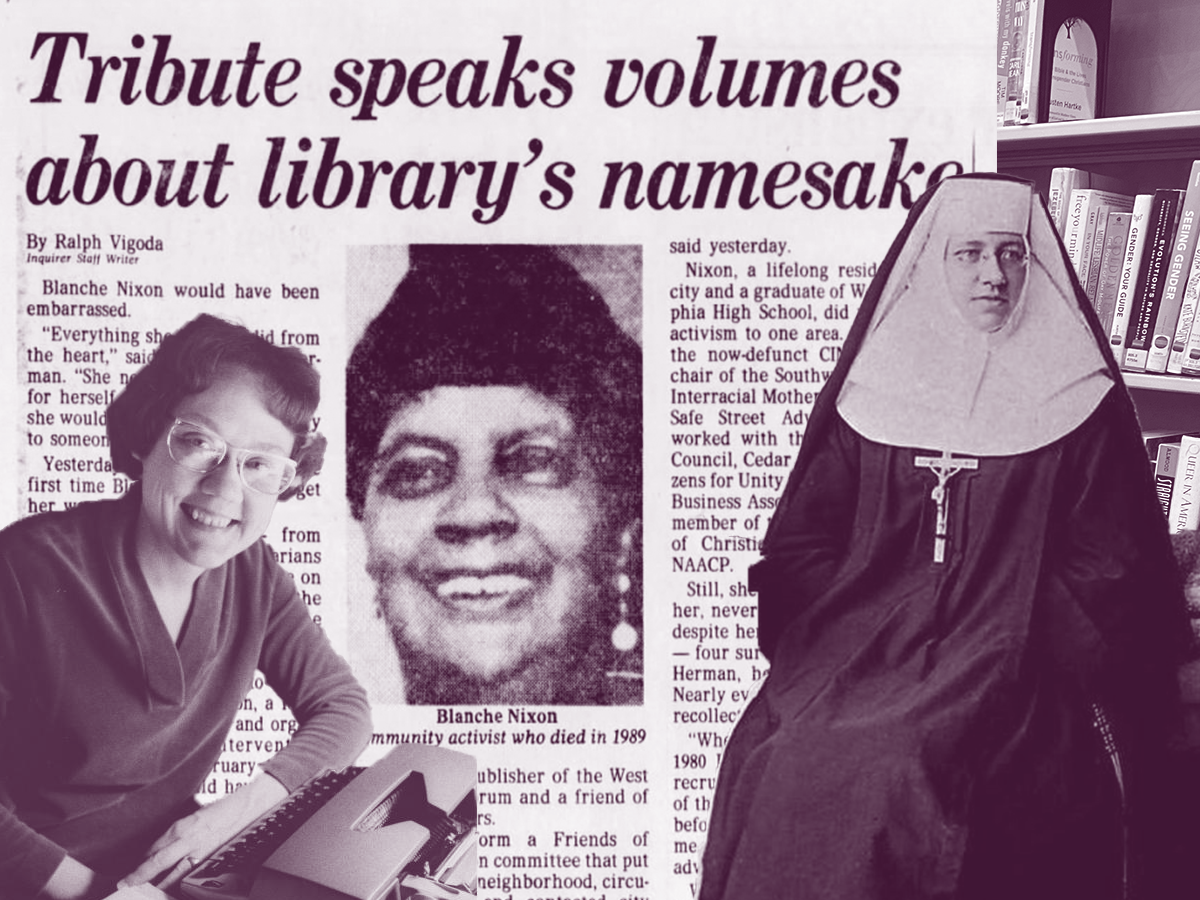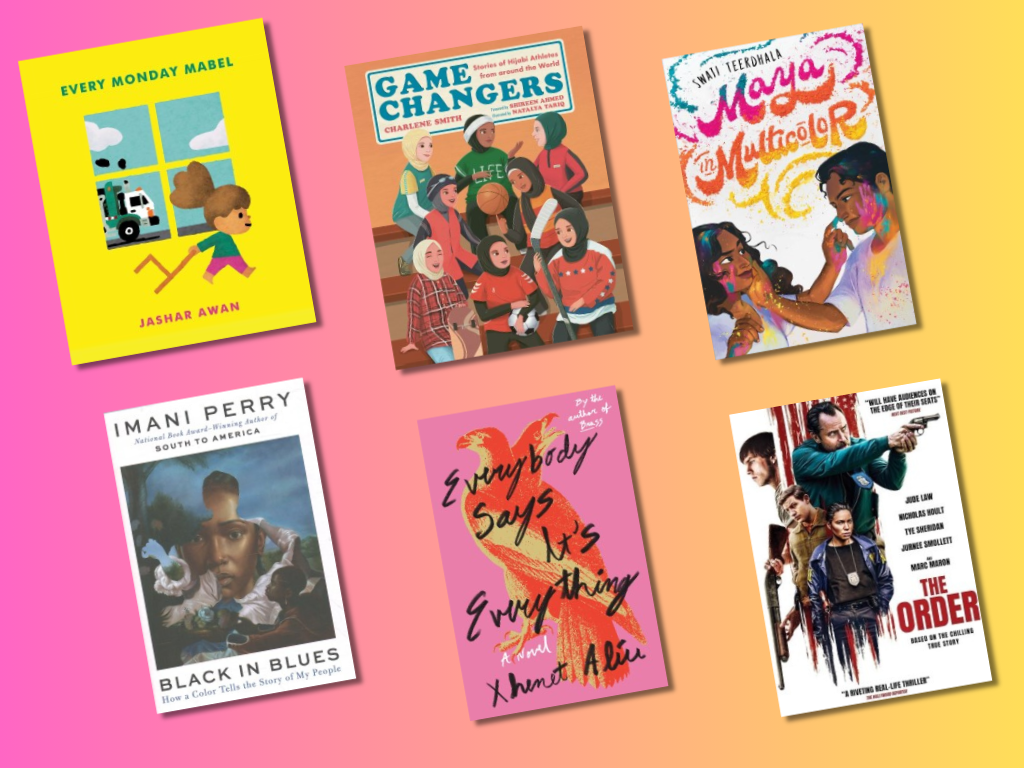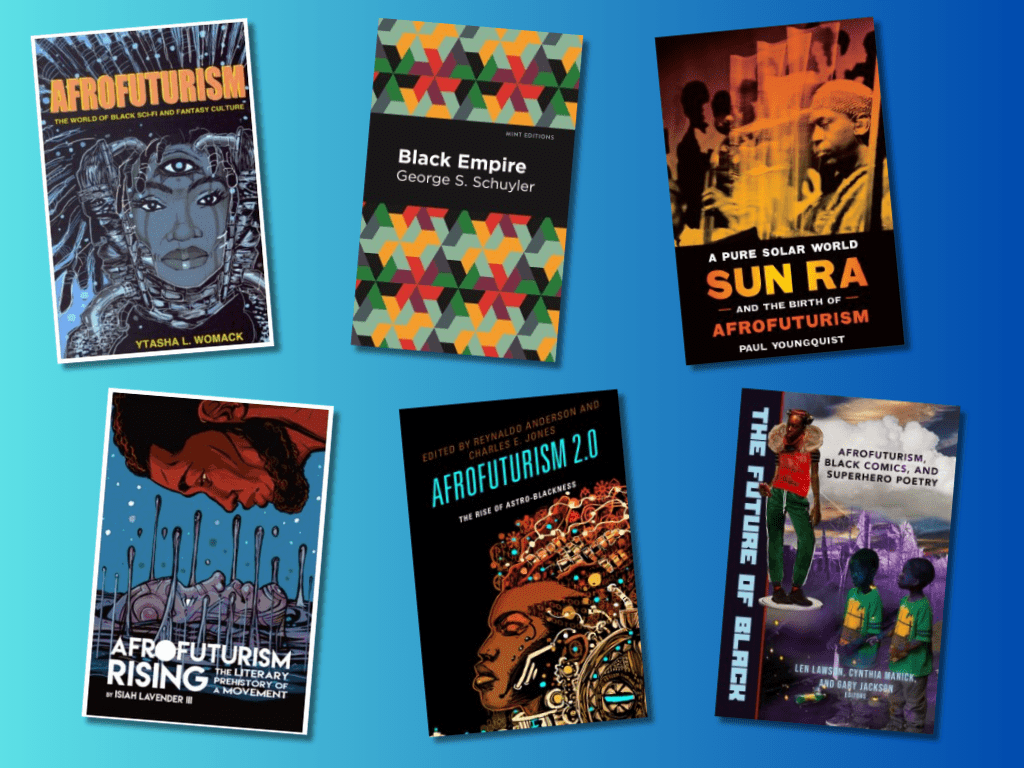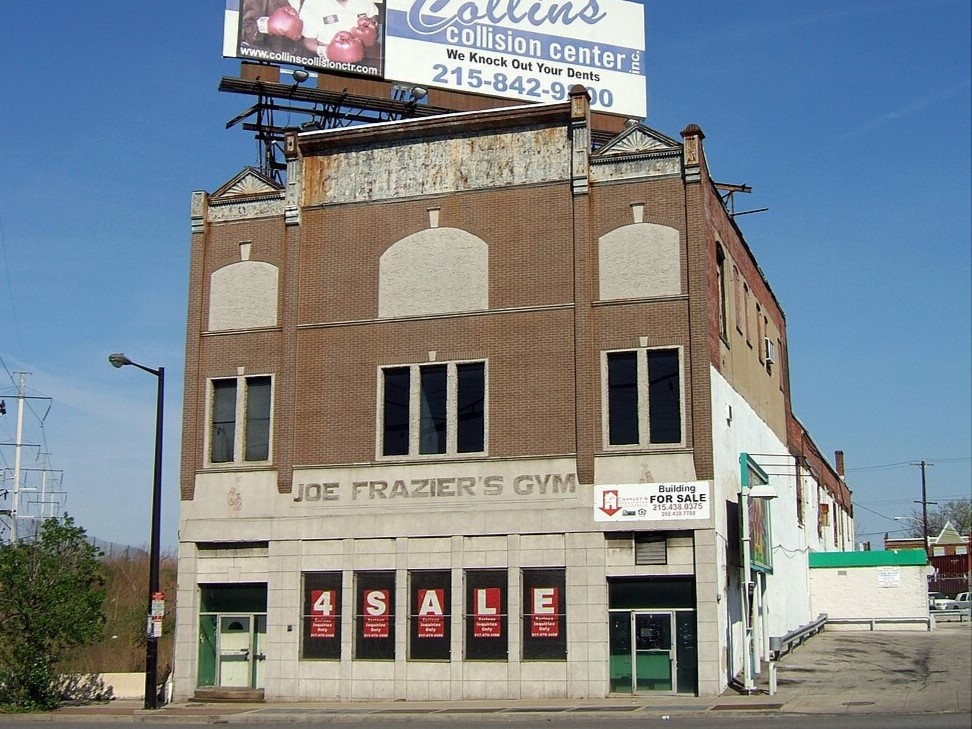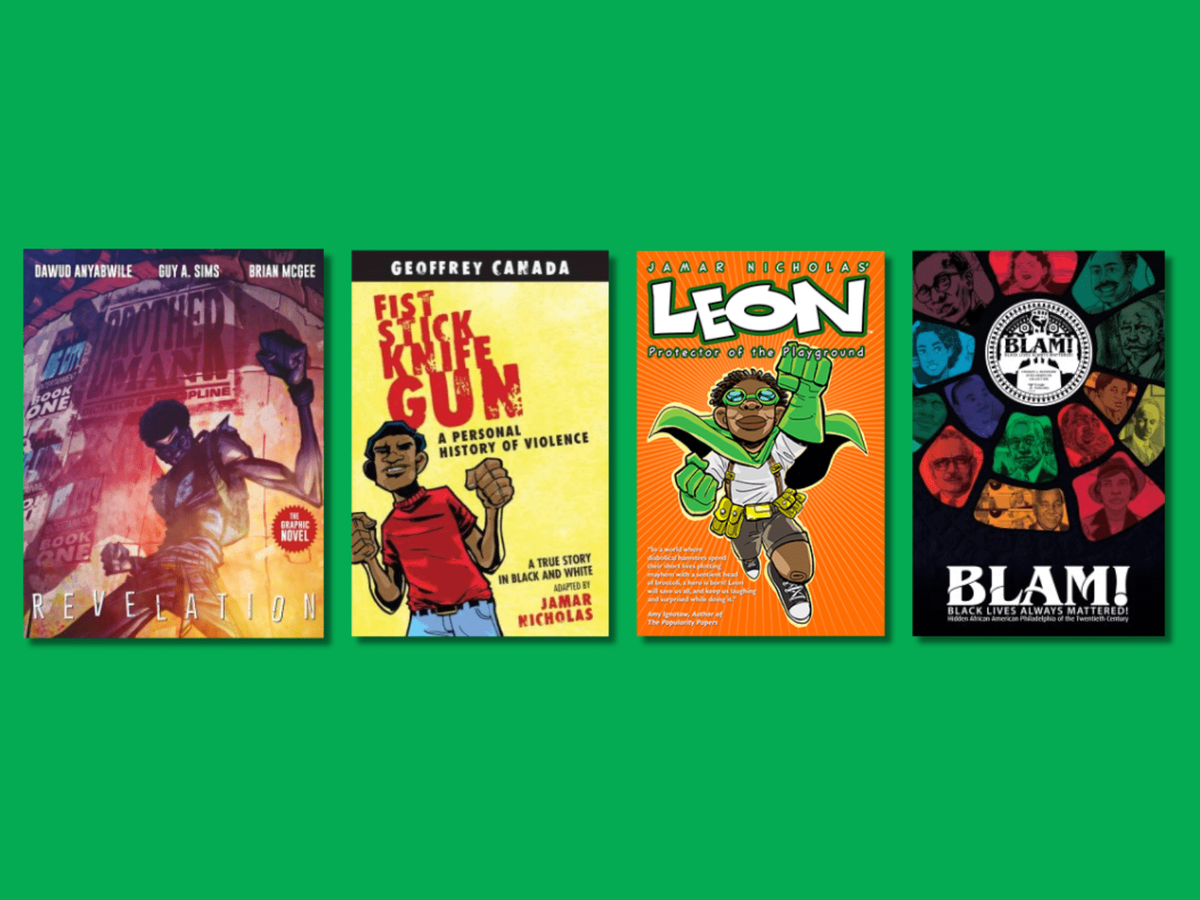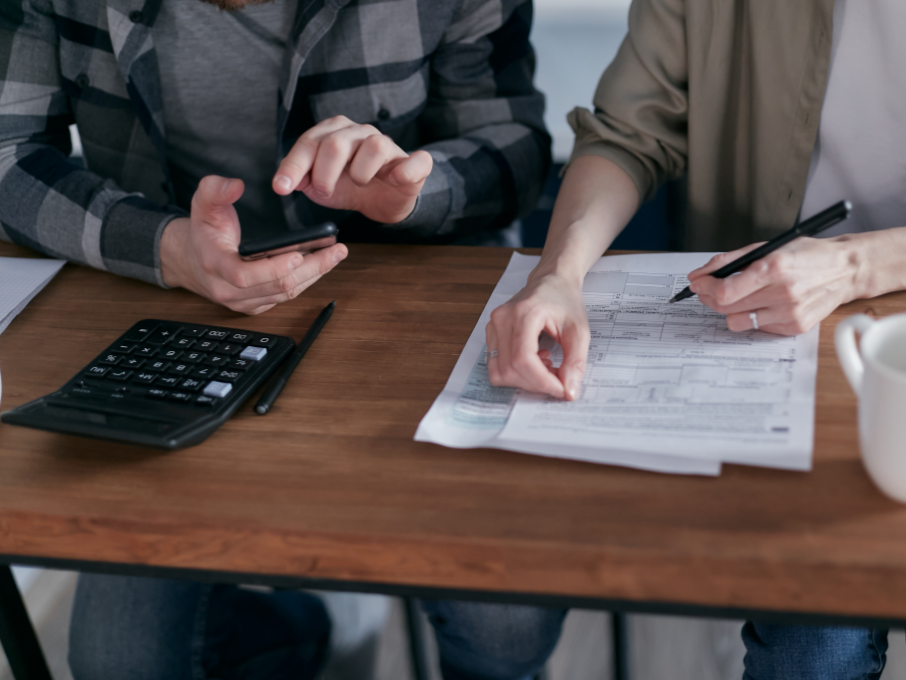Blog Articles
March 31 is International Transgender Day of Visibility, celebrating its 16th year. In 2009, Rachel Crandall-Crocker decided to create a day to celebrate living transgender people as a… continue reading Celebrating Transgender Day of Visibility
By written by Shelley R. March 28, 2025
There are many new titles for all ages to explore this spring at the Free Library of Philadelphia! Young Children (up to 2nd Grade) Jollof Day by Bernard Mensah Early in the morning while the sun… continue reading New Titles Coming to the Free Library in April
By written by Rachel F. March 27, 2025
On this page, we will have roof and ceiling repair updates on the Richmond Library every two weeks until the library is reopened. The estimated date for the library’s reopening is summer… continue reading Richmond Library Construction Updates
By written by Mark G. March 26, 2025 4
The Free Library Workplace Department provides programming and resources to help you through your job search or career transition. Here is a collection of resources from the Free Library and… continue reading Resources for Displaced Federal Workers and Job Seekers
By written by Sandy M. March 18, 2025
The Music Special Collections Department at the Free Library of Philadelphia holds three collections of music materials: the Edwin A. Fleisher Orchestral Music Collection , the Sheet Music… continue reading Rediscovering Sophie Drinker: A Pioneer in Women’s Music History
By written by Claire L. March 18, 2025
Join us at Parkway Central Library for a special storytime series celebrating the many languages of Philadelphia! Each storytime in this series will be bilingual, highlighting different… continue reading Languages of Philadelphia: A Bilingual Family Storytime Series
By written by Bridget G. March 14, 2025 1
The Free Library Board of Trustees will be holding its third meeting of FY25 on Friday, March 21, 2025, from 8:00 a.m. to 10:00 a.m. The meeting will be held in person virtually on… continue reading Free Library Board of Trustees Public Meeting on Friday, March 21 at 8:00 a.m.
By written by Administrator March 14, 2025
Philadelphia is now home to more than 20 rarely seen marker drawings by novelist Kurt Vonnegut thanks to the efforts of local art collector, Heather Rose. Kurt Vonnegut’s artwork, like… continue reading Now on Display: Kurt Vonnegut Jr. As a Visual Artist
By written by Administrator March 14, 2025
Learning a new language doesn't have to feel like a chore! The Free Library recently partnered with Lingopie — a language-learning platform that combines thousands of real TV shows… continue reading Learn a New Language While Watching TV With Lingopie
By written by Tyler S. March 12, 2025 1
Questions about Medicare? Unsure about your benefits? Turning 65 soon? Attend Medicare Mondays to learn more about your options and find the best plan for you! Medicare Benefits… continue reading Discover Your Options With Medicare Mondays
By written by Bridget G. March 6, 2025
The Free Library system comprises 54 neighborhood libraries throughout the city, many named after celebrated Philadelphians. While the branches have become household names to their respective… continue reading The Influential Women Behind These Philadelphia Library Names
By written by Bridget G. February 28, 2025 9
Get ready for an exciting adventure as we bring the magic of storytelling to life at our Family Bilingual Spanish/English Storytime ! As part of the Languages of Philadelphia series, this special… continue reading Bilingual Spanish Storytime for Families: A Journey to Colombia
By written by Mary Marques February 26, 2025
These new titles can be checked out from the Library starting in March 2025! Young Children (up to 2nd Grade) Every Monday Mabel by Jawan Ashar Every Monday, Mabel wakes up early and peeks… continue reading New Titles Coming to the Free Library in March
By written by Megan J. February 26, 2025
Ramadan, Islam’s holiest month, begins on February 28 this year. Ramadan is the ninth month in the Muslim lunar calendar and all over the world Muslim families celebrate with daily… continue reading New Children's Picture Books for Ramadan
By written by Rachel F. February 26, 2025
Modern media can leave the impression that the African American experience, as depicted primarily in television and film, functions on a timeline illustrated as a backward-moving ray. Many of… continue reading Afrofuturism: Still Moving Black to the Future
By written by Dr. Guy Sims February 25, 2025
The exhibition Black Histories of Philadelphia observes the stories of people and places that make up Philadelphia’s countless histories. Some stories are kept, some… continue reading Black Histories of Philadelphia: Preserving Historical Sites
By written by Kelly D. February 25, 2025
Comic books and graphic novels are a dynamic and significant presence in the mainstream media. The number of films, television, and other media centered on and inspired by the illustrated pages… continue reading Black Independent Comic Books and Philadelphia's Impact
By written by Dr. Guy Sims February 18, 2025 3
The 2024 IRS tax season has begun and IRS tax return paper forms are available at the Library. This year, the Free Library locations that participate in the IRS Tax Forms Outlet Program… continue reading Tips to Guide You This Tax Season
By written by Chris M. February 18, 2025
Love is in the air, and we’re not just talking about Valentine’s Day. February 14th is also Library Lovers’ Day! To celebrate, we’ve gathered some of our favorite comments… continue reading Library Lovers' Day: In Your Own Words!
By written by Anthony T. February 14, 2025
Residents can get out of the cold and into a heated space at a neighborhood library with access to books, computers, wireless internet, and other Free Library amenities. The following neighborhood… continue reading Warming Centers Open at Select Libraries on February 17, 2025
By written by Administrator February 13, 2025

